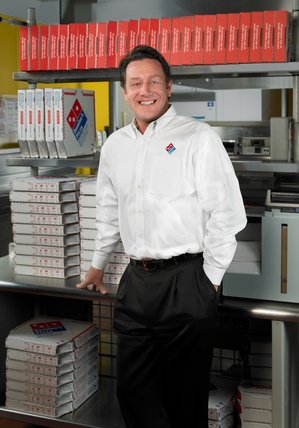Bose’s recent sponsorship deal with the National Football League restricts any player from wearing Beats by Dr Dre head phones. This is being over ruled by Beats’ affiliation with several NFL stars, causing much controversy throughout the league.

Bose attempted to overtake some of the 57% stake that Beats controls in the $1 billion headphone market through the sponsorship deal with the NFL, trying to further position itself in the market. This marketing plan has seemingly backfired due to quick thinking by Beats’ marketing team.

The NFL, after its deal with Bose, fines any player ten thousand dollars who are found wearing Beats headphones during any televised events to attempt to promote brand loyalty. This rule has led to Beats accepting the fine and directly paying for it. The plan of action taken by Beats has resulted in free (other than paying the fines) advertising across the league. The promotion of Beats by the individual “big-name” players has seemed to overpower the attempts of Bose, indicating that personal branding can potentially have a bigger impact than an entire organization, depending on the marking strategy.
http://www.bose.com/controller?url=/promotions/entry_pages/soundlink_nfl/index.jsp&src=OCG00001






